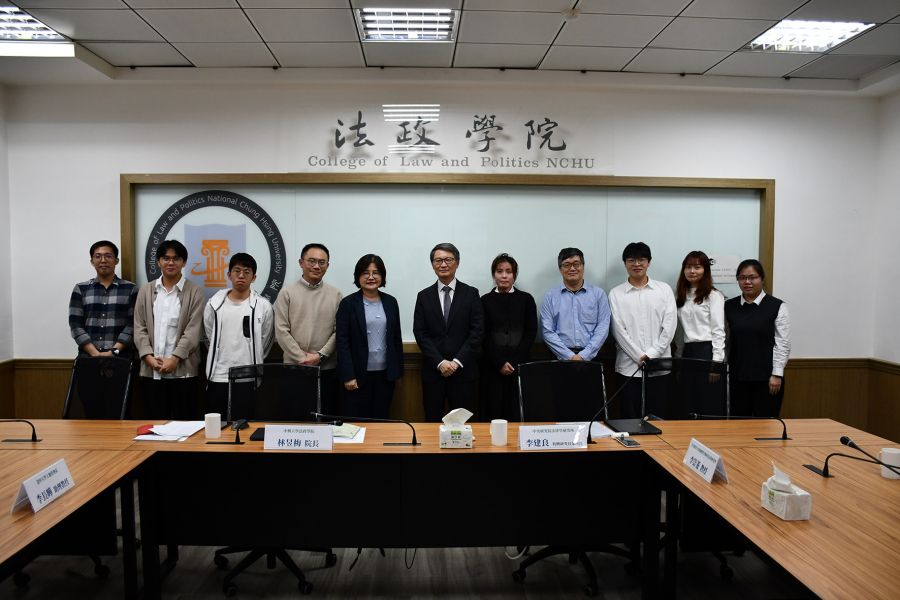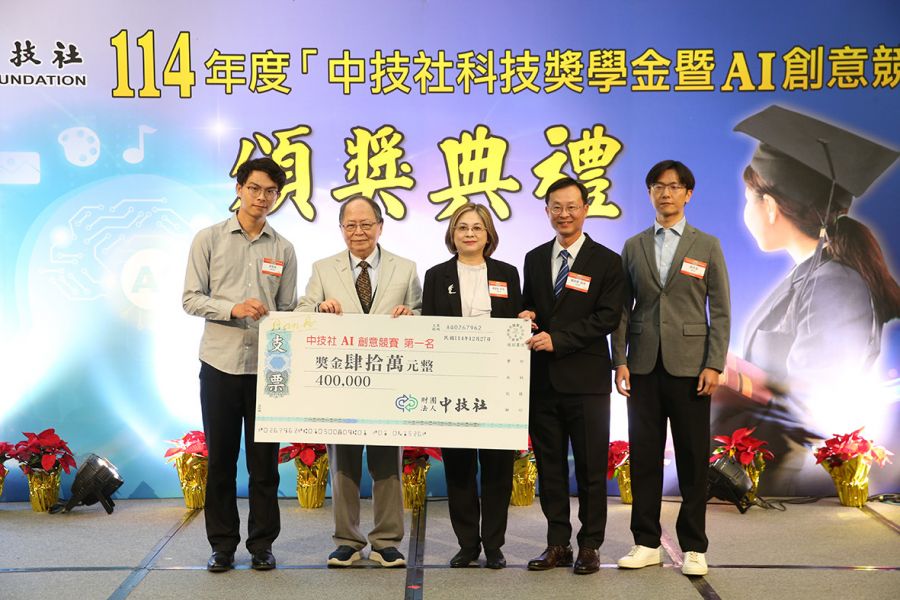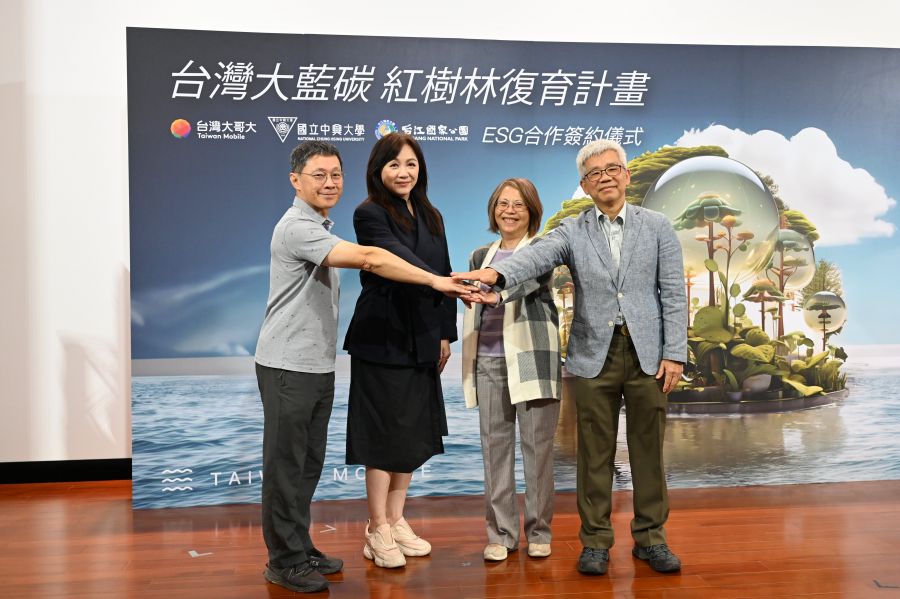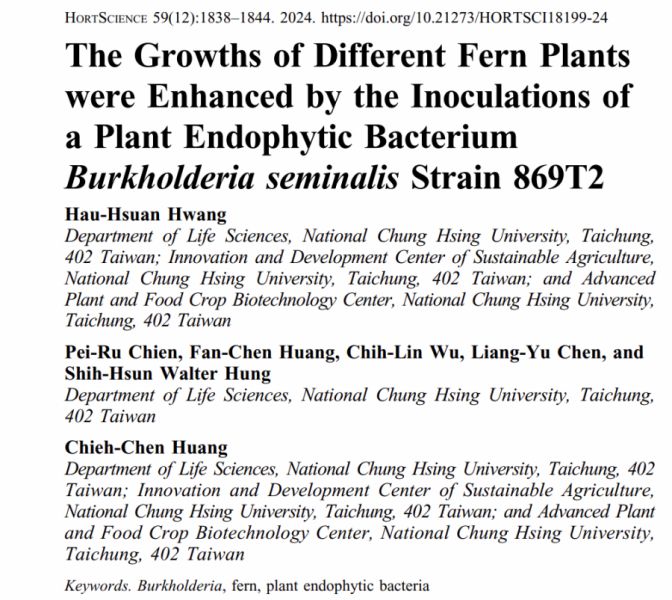| 論文篇名 | 英文:One-step fabrication of cobalt-embedded carbon nitride as a magnetic and efficient heterogeneous catalyst for activating oxone to degrade pollutants in water 中文:一步驟製造鈷嵌入的碳氮化物作為磁性和有效的非均相催化劑用於活化過氧化物以降解水中的污染物 |
| 期刊名稱 | Separation and Purification Technology |
| 發表年份,卷數,起迄頁數 | 2018, 210, 1-9 |
| 作者 | Ming-Tong Yang, Zhi-Yu Zhang, Kun-Yi Andrew Lin*(林坤儀) |
| DOI | 10.1016/j.seppur.2018.07.086 |
| 中文摘要 | 固定在氮摻雜碳質基質上的鈷奈米顆粒(NPs)是用於活化Oxone的有效非均相催化劑以降解污染物。然而傳統製備Co NPs / N摻雜的碳複合材料涉及N步摻雜碳基底的多步合成,然後將Co NP固定在基底上,這是複雜且耗時的。在此研究中,開發了一種方便的一步製造技術,用於通過三聚氰胺和乙酸鈷的混合物的碳化來製備Co / N摻雜的碳的複合物。得到的Co @ CN由均勻分佈在氮化碳(CN)基質上的Co NP組成。 Co @ CN可以表現出多孔結構和磁控性,使其成為Oxone活化的有吸引力的催化劑。通過莧菜紅(AMR)染料的分批式脫色實驗研究了Co @ CN對Oxone活化的催化活性。 Co @ CN顯示出比用於Oxone活化以使AMR脫色的基準催化劑C3N4和Co3O4更高的催化活性。與其他報導的催化劑相比,Co @ CN表現出AMR脫色的低得多的活化能。通過研究電子順磁共振(EPR)分析和自由基抑製劑對AMR脫色的影響,確定了Co @ CN活化的Oxone對AMR脫色的機理。這些比較表明Co @ CN作為活化Oxone的非均相催化劑的有希望的特徵。此研究中提出的製造技術也可以用於開發類似的分佈在CN基質上的金屬NP的複合物,用於各種催化應用。 |
| 英文摘要 | Cobalt nanoparticles (NPs) immobilized on N-doped carbonaceous substrates are attractive heterogeneous catalysts for activating Oxone to degrade pollutants. However, conventional preparation of Co NPs/N-doped carbon composites involves multi-step syntheses of N-doped carbon substrates, and then immobilization of Co NPs on substrates, which are complicated and time-consuming. In this study, a convenient one-step fabrication technique is developed for preparing a composite of Co/N-doped carbon via carbonization of a mixture of melamine and cobalt acetate. The resulting Co@CN is comprised of Co NPs evenly distributed over a carbon nitride (CN) matrix. Co@CN could exhibit porous structures and magnetic controllability, making it an appealing catalyst for Oxone activation. Catalytic activities for Oxone activation by Co@CN are investigated via batch-type decolorization experiments of amaranth (AMR) dye. Co@CN shows much higher catalytic activities than C3N4 and Co3O4, the benchmark catalyst, for Oxone activation to decolorize AMR. In comparison to the other reported catalysts, Co@CN demonstrates the much lower activation energy for AMR decolorization. The mechanism of AMR decolorization by Co@CN-activated Oxone is also determined by investigating Electron paramagnetic resonance (EPR) analysis and effects of radical inhibitors on AMR decolorization. These comparisons indicate the promising features of Co@CN as a heterogeneous catalyst for activating Oxone. The fabrication technique proposed here can be also adopted to develop similar composites of metallic NPs distributed over CN matrices for various catalytic applications. |
【學術亮點】一步驟製造鈷嵌入的碳氮化物作為磁性和有效的非均相催化劑用於活化過氧化物以降解水中的污染物 2018-08-01

循環農業:農業廢棄物高價值化【環境工程學系林坤儀副教授】






